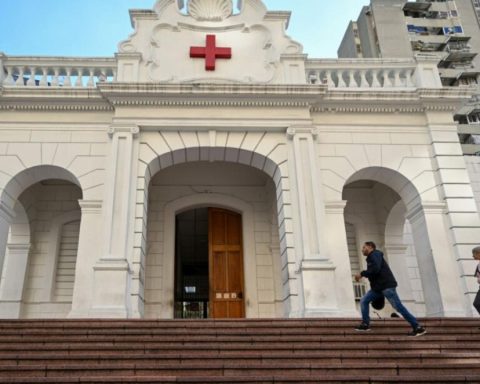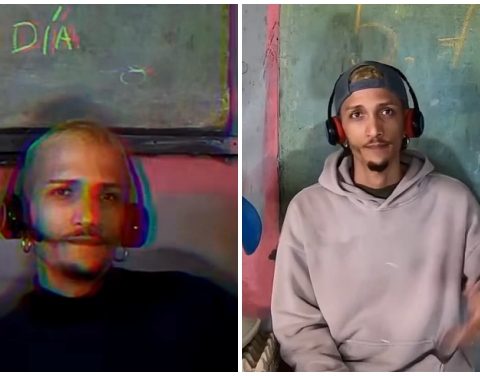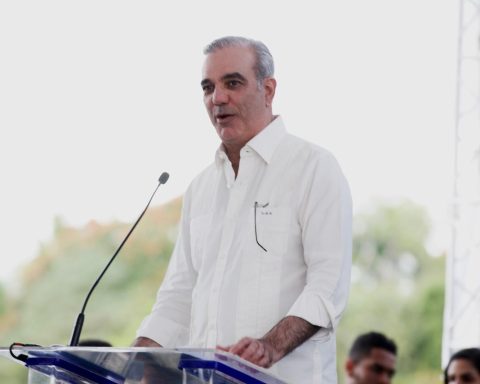About 200 indigenous people from dozens of ethnic groups in Brazil are participating this weekend in the 13th edition of the indigenous handicraft fair, with presentations of ritual songs and dances, body painting, art workshops and storytelling. The program also includes film screenings, a space for medicinal herbs and lectures and debates to discuss indigenous issues. For the first time, the event takes place in the gardens of the Museum of the Republic, in Catete, south of Rio. Until last year, the venue was Parque Lage, in the Jardim Botânico neighborhood, also in the south zone of Rio. Opening hours are from 9 am to 5:30 pm and admission is free for all ages.
The fair with 90 booths for exhibitors is organized by the Aldeia Maracanã Indigenous Association (AIAM), with institutional support from the Museum of the Republic and the Brazilian Institute of Museums (Ibram). The event also celebrates the Day of the Indigenous Peoples, name approved last year in the National Congress at the initiative of the then federal deputy Joênia Wapichana for the former Day of the Indigenous People, celebrated on April 19.
The indigenous peoples Guarani, Pataxó, Puri, Fulni-ô, Tukano, Kaingang, Guajajara, Ashaninka, Tikuna, Tupinambá, Baniwa, Waurá, Kamayurá, Kayapó, Mehinako, Pankararu, Kariri-Xocó, Karajá, Potiguara, Sateré Mawé, Bororo participate , Kadiwéu, Kambeba, Ananbé, Kichua and Goitacá.
The president of the Aldeia Maracanã Indigenous Association (AIAM), Marize Guarani, highlighted that this is the first edition that takes place with the existence of the Ministry of Indigenous Peoples (MPI), and the creation of the folder draws the attention of the Brazilian population to the presence of these peoples in Brazil. “All these centuries we have lived here invisible, denied, silenced. In this census, we already know that we went from 865 thousand to almost 1.7 million, but we still don’t know what percentage we have in the urban context, now. In the 2010 Census, we were almost 40% of the population. Completely denied, where even though it is indigenous territory, because all of Brazil is indigenous territory ”, she told Brazil Agency.
Marize Guarani also recalled that in the Portuguese spoken in Brazil there are many words in Tupi-Guarani and many people don’t even realize it. As an example, she cited the neighborhoods of the capital of Rio de Janeiro, Niterói and district and city of the metropolitan region of Rio.
“Do you know what Ipanema is? What is Jacarepaguá? Do you know what Tijuca, Grajaú, Itaipuaçu, Maricá means? It has a series of words in the Tupi-Guarani trunk that people speak. I was born where today is a neighborhood, but it was indigenous territory. I was born in Turiaçu, today it is a neighborhood between Madureira and Rocha Miranda. Do you think anyone can say that that was not an indigenous territory with the name of Turiaçu? Our Portuguese is not like any Portuguese spoken in the world”, he said, revealing that there are currently 305 indigenous peoples in Brazil, a number well below the 1,400 that previously existed.
“What happened here was a massive genocide and we don’t talk about that either. Nor did we say that, when you lose your territory, you end up moving to cities, which were built with indigenous labor. Cities are true cemeteries where you bury indigenous territories, languages and indigenous peoples, the city of Rio de Janeiro was built from the genocide of the Tupinambá people who lived here. And who tells this story?”, he asked.
The Aldeia Maracanã Indigenous Association brings together members of various ethnic groups who live in an urban context in Greater Rio and also from the eight Guarani and Pataxó villages that exist in the municipalities of Paraty, Angra dos Reis and Maricá.
AIAM indigenist, Toni Lotar, who is also one of the organizers of the event, said that this year is very special for indigenous peoples, because in addition to the creation of the ministry, the mandate of the previous government ended, which, according to him, did not develop specific policies for these peoples. “At this meeting here there will be a lot of positive energy. They are very satisfied with the new scenario that has been established in Brazil in terms of themselves and the environment. In addition, it is an opportunity for Rio de Janeiro to get to know the indigenous culture”, he added.
The indigenist said that the expectation is to receive 10,000 people over the two days and that this is an opportunity to generate income for indigenous exhibitors. “All indigenous peoples have their main source of income in the production and sale of handicrafts. So at an event like this with 90 stalls, they can sell their handicrafts and bring money back to their communities,” he noted.
According to the schedule, this Saturday’s film (15) is the short film Abya Yala, then there will be a debate on the issue of indigenous peoples in an urban context. Tomorrow there will be a screening of the short film A Saga da Aldeia Maracanã, followed by a panel discussion on the origins, conquests and current struggle of the indigenous movement, which in 2006 carried out the cultural occupation of the former Museu do Índio building, next to the Maracana Stadium. The event is launching the Restauro Já campaign, to demand from the state government the promise to restore the building of the old space that was listed in 2013 by the State Institute of Cultural Heritage (Inepac) and by the Rio Heritage Institute of Humanity (IRPH), to inaugurate the Reference Center for the Living Culture of Indigenous Peoples, open to the 305 indigenous peoples that exist in Brazil.


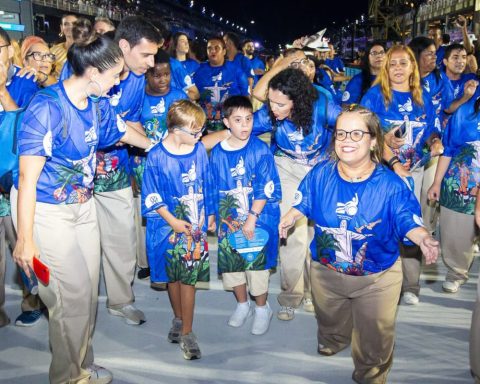

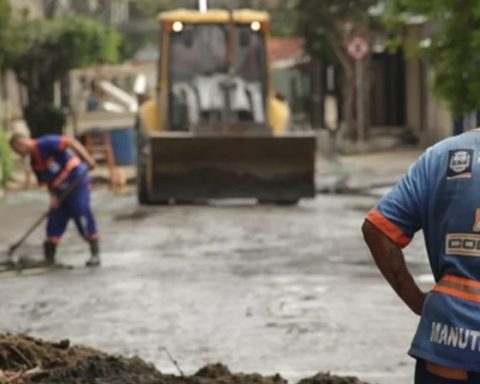
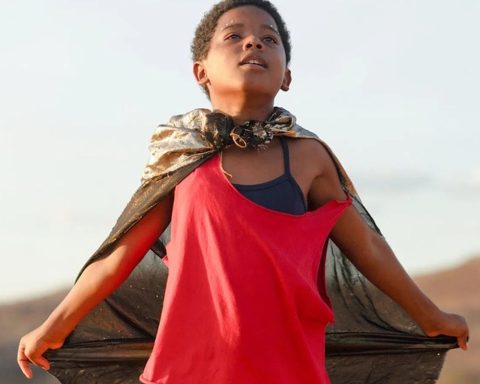


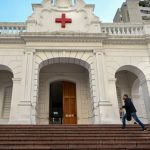



![[Video] Yailin shows off her figure just a month after giving birth: she took more than one sigh [Video] Yailin shows off her figure just a month after giving birth: she took more than one sigh](https://latin-american.news/wp-content/uploads/2023/04/Video-Yailin-shows-off-her-figure-just-a-month-after-1024x601.jpg)

